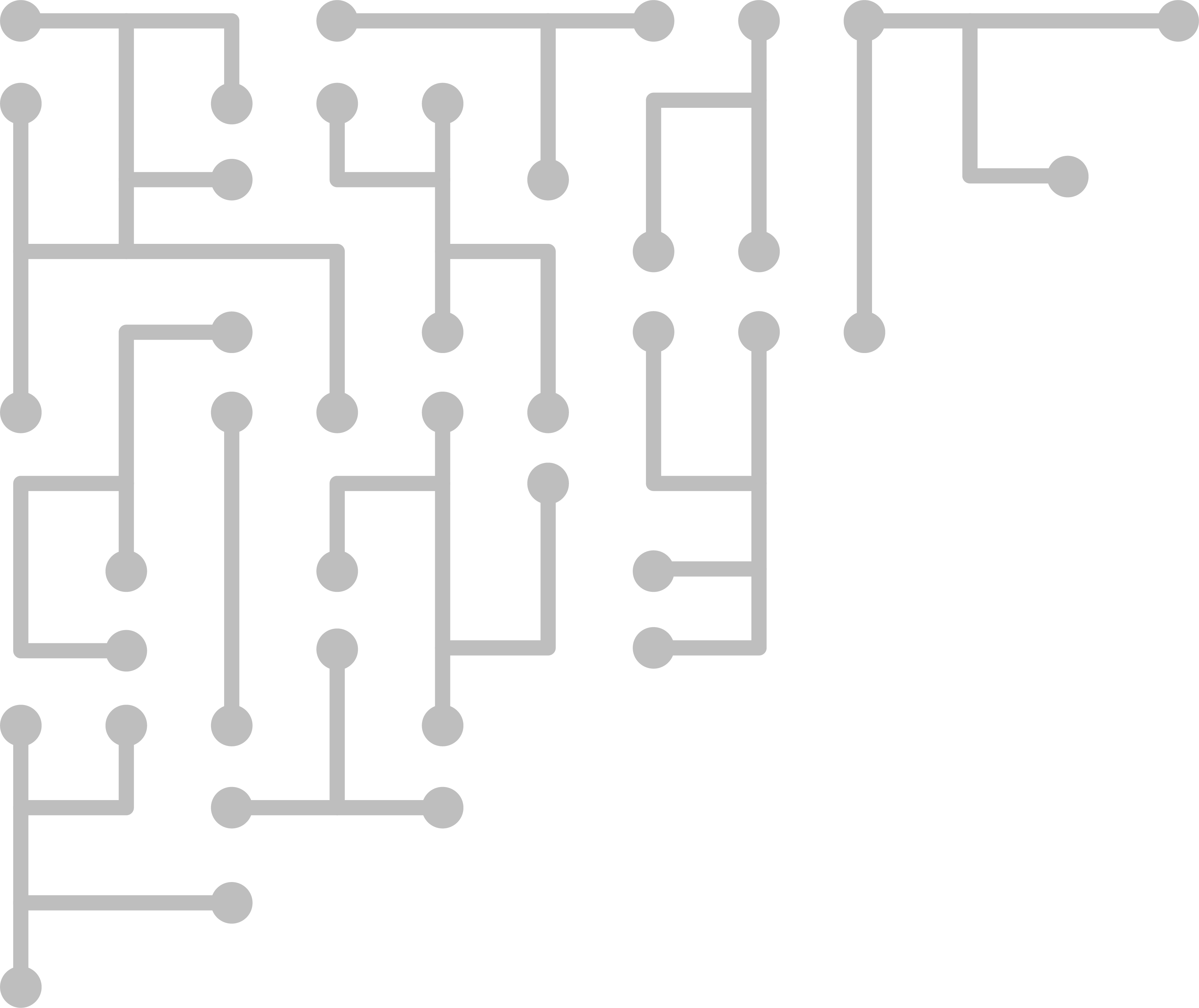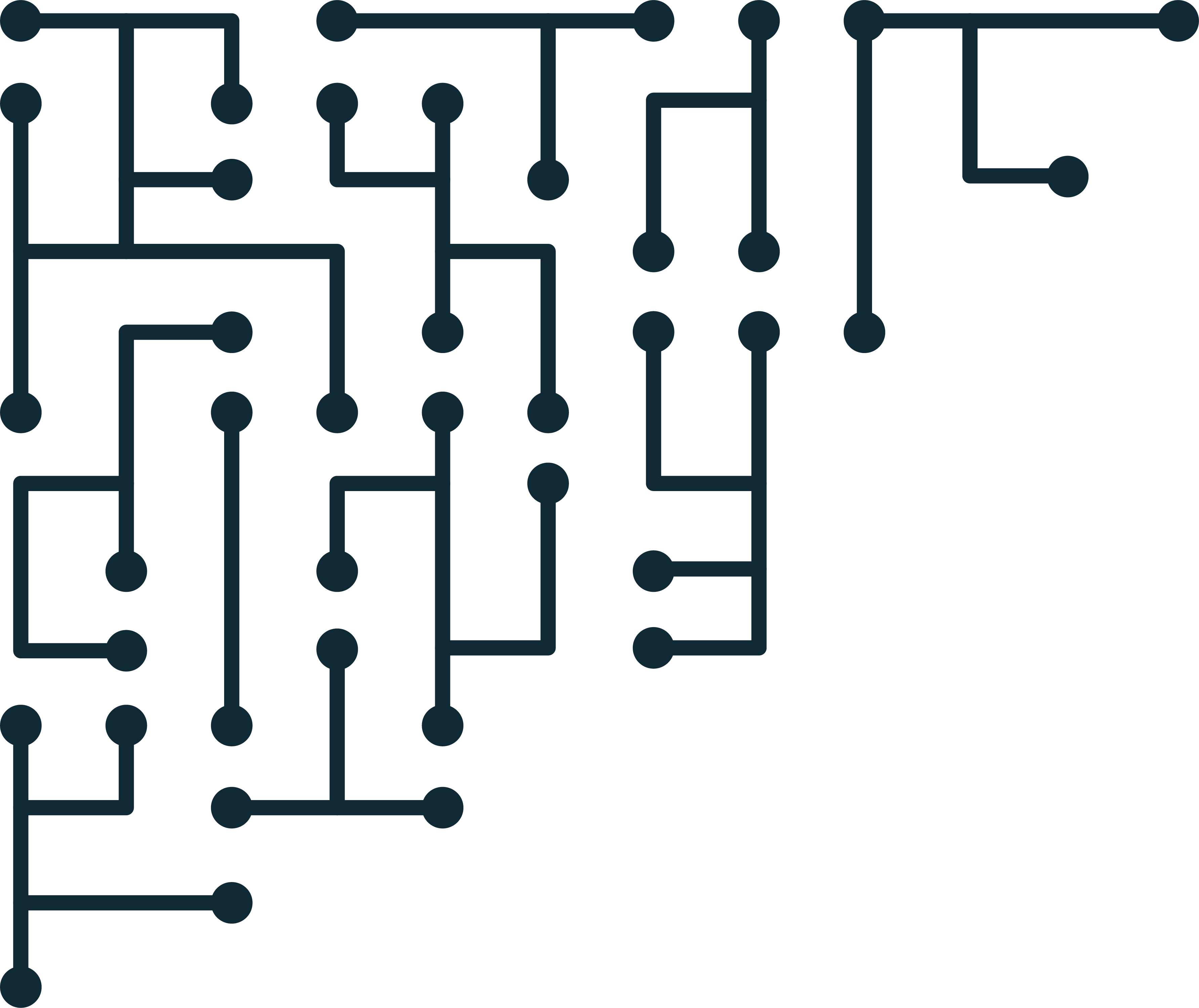How-to - Cracking ZIP and RAR protected files with John the Ripper
For this exercise I have created password protected RAR and ZIP files, that each contain two files.
The password for the rar file is 'test1234' and the password for the zip file is 'test4321'.
test.rar: RAR archive data, v1d, os: Unix
test.zip: Zip archive data, at least v1.0 to extract
In the 'run' folder of John the Ripper community version (I am using John-1.7.9-jumbo-7), there are two programs called 'zip2john' and 'rar2john'. Run them against their respective file types to extract the password hashes:
This will give you files that contain the password hashes to be cracked... something like this:
./zip2john ../test.zip > ../zip.hashes
./rar2john ../test.rar > ../rar.hashes
After, that you can run John the Ripper directly on the password hash files:
../test.zip:$pkzip$2*2*1*0*0*1b*a80c*95e4e9547dcfcde4b8b2f05a80aaeb9d15dd76e7526b81803c8bf7*2*0*1b*f*72051312*0*44*0*1b*a808*cbafdd390bf49ea54064ab3ff9f486e6260b9854e37d1ee3a41c54*$/pkzip$
./john ../zip.hashesYou should get a message like:
Loaded 1 password hash (PKZIP [32/64]). By using John with no options it will use its default order of cracking modes. See the examples page for more information on modes.Notice, in this case we are not using explicit dictionaries. You could potentially speed the cracking process up if you have an idea what the password may be. If you look at your processor usage, if only one is maxed out, then you did not enable OpenMP when building. If you have a multi-processor system, it will greatly speed up the cracking process.
Now sit back and wait for the cracking to finish. On a 64bit quad-core i7 system, without using GPU, and while doing some other CPU-intensive tasks, the password was cracked in 6.5 hours.
Now if you want to see the cracked passwords give john the following arguments:
Loaded 1 password hash (PKZIP [32/64])
guesses: 0 time: 0:00:40:29 0.00% (3) c/s: 2278K trying: eDTvw - ekTsl
guesses: 0 time: 0:01:25:10 0.00% (3) c/s: 1248K trying: ctshm#ni - ctshfon9
guesses: 0 time: 0:02:56:40 0.00% (3) c/s: 1499K trying: BR489a - BR48jf
guesses: 0 time: 0:03:56:04 0.00% (3) c/s: 1703K trying: fjmis5od - fjmidia0
guesses: 0 time: 0:04:46:09 0.00% (3) c/s: 1748K trying: Difg1ek - DifgbpS
guesses: 0 time: 0:05:21:22 0.00% (3) c/s: 1855K trying: btkululp - btkulene
guesses: 0 time: 0:06:02:43 0.00% (3) c/s: 1857K trying: ghmnymik - ghmnyasd
test4321 (../test.zip)
guesses: 1 time: 0:06:32:34 DONE (Mon Jul 28 17:50:22 2014) c/s: 1895K trying: telkuwhy – test43ac
It should output something like:
./john ../zip.hashes --show
Note: the hash file should have the same type of hashes. For example, we cannot put the rar AND zip hashes in the same file. But this means you could try to crack more than one zip/rar file at a time.
../test.zip:test4321
1 password hash cracked, 0 left
For the rar file it did not take nearly as long since the password was relatively common. If you take a look at john.conf in the run directory, it has a list of the patterns it checks (in order). The pattern 12345 is much more likely than 54321, so it is checked first resulting in a quick crack.
Loaded 1 password hash (RAR3 SHA-1 AES [32/64])
guesses: 0 time: 0:00:00:10 1.38% (1) (ETA: Mon Jul 28 18:23:58 2014) c/s: 24.86 trying: rar.tsett - ttests
guesses: 0 time: 0:00:02:12 13.40% (1) (ETA: Mon Jul 28 18:28:19 2014) c/s: 25.98 trying: Test29 - Test2rar9
test1234 (test.rar)
guesses: 1 time: 0:00:17:03 DONE (Mon Jul 28 18:28:56 2014) c/s: 24.01 trying: test1234 - testrar1234
Use the "--show" option to display all of the cracked passwords reliably



